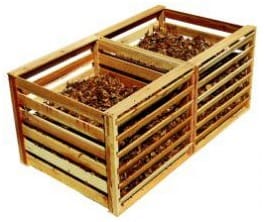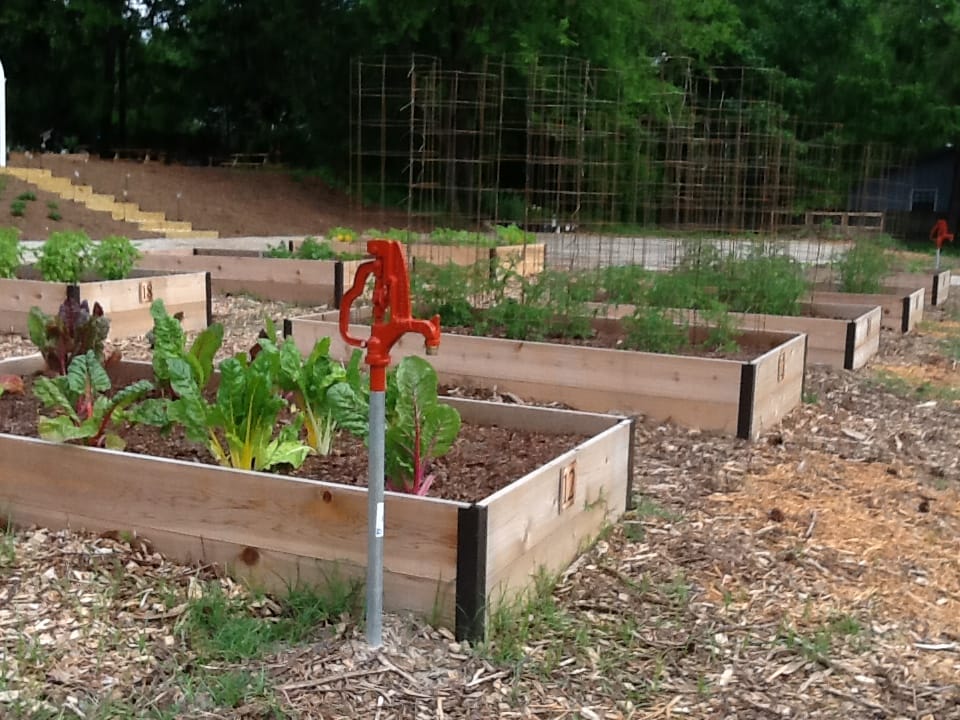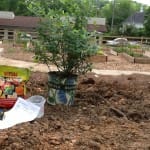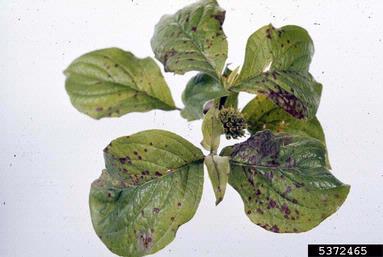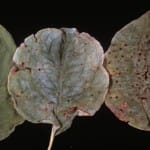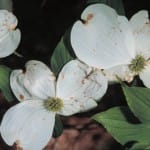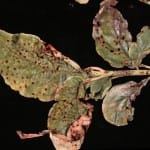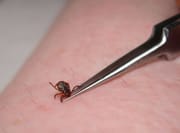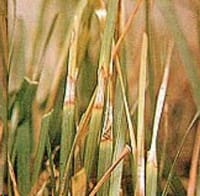
This disease is dollar spot. Find info below on identifying and managing lawn diseases.
The UGA publication Turfgrass Diseases in Georgia, Identification and Control contains a Simplified Turfgrass Identification Key to help turf managers identify turf diseases. You can see a copy of it below or see the entire publication.
Simplified Turfgrass Identification Key for Dollar Spot
Distinct patches of yellow to brown colored grass are present.
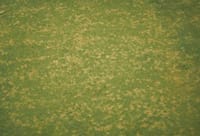
- Patch is small, circular, sunken, and rarely exceed 3 inches in diameter. Individual leaf blades develop white lesions. [Dollar Spot]
- Patch is greater than 6 cm in diameter. Individual leaf blades may or may not develop lesions.
- No lesions
- Circular rings of dark green grass 10-20 cm wide. Concentric ring of dead grass may be present. Mushrooms may be present. [Fairy Ring]
- Irregular chlorotic patches up to 0.5 m across. Lower leaves are chlorotic first and then chlorosis moves to upper leaves. Runners easily pulled from roots. Roots may be short, rotted, and black. Roots may have dark strands of mycelium parallel to the root axis. [Take-All Root Rot]
- Lesions on leaf buds or leaf blade
- Rings or circular patches of blighted grass. Gray to brown shaped lesions on leaves or leaf sheaths. [Brown Patch]
- Rings or circular patches of blighted grass. No lesions on leaves. [Large Patch]
- No lesions
Distinct patches are absent.
- Yellow to orange flecks on leaves or stems. Flecks are easily rubbed off. [Rust]
- Yellow to orange flecks are absent.
- Leaf lesions are present.
- Lesions first appear small and water-soaked. Old lesions become dark often surrounded by a yellow zone. Lesions have a wide range of size and primarily occur on warm season grasses in Georgia. [Leaf Spot/Melting Out]
- Small, brown leaf and stem lesions enlarge rapidly to oblong spots. Often spots extend across entire leaf. Spots are tan to gray with purple to brown borders. A general chlorosis may appear. Primarily occurs on St. Augustinegrass in summer.[Gray Leaf Spot]
- Leaf lesions are reddish brown with a yellow halo. Leaves turn yellow and finally tan to brown as they die. Primarily occurs on Centipedegrass, Bentgrass, and Zoysiagrass in Georgia. [Anthracnose]
- Leaf lesions are absent.
- Large number of pinhead-sized “balls” that are slimy or crusty. Grass does not die or turn yellow. Slime is easily removed. [Slime Mold]
- Turf is chlorotic and slow growing. Small to large areas affected. Grass may be mottled and associated with general decline. As temperature increases the affected areas will die. Roots stunted but usually not discolored. [Pythium Root Rot/Pythium Blight]
- Leaf lesions are present.
The publication also has information on:
- Systematic Approach to Diagnosis of Turfgrass Diseases
- Simplified Turfgrass Disease Identification Key
- Dollar Spot
- Fairy Rings
- Take-All Root Rot
- Brown Patch/Large Patch
- Rust
- Leaf Spot/Melting Out
- Gray Leaf Spot
- Anthracnose
- Slime Mold
- Pythium Root Rot/Pythium Blight
- Disease Summary
- Georgia Turfgrass Disease Calendar
For disease management information see Turfgrass Diseases in Georgia: Identification and Control
For pesticide recommendations see 2015 Turfgrass Pest Control Recommendations for Professionals

